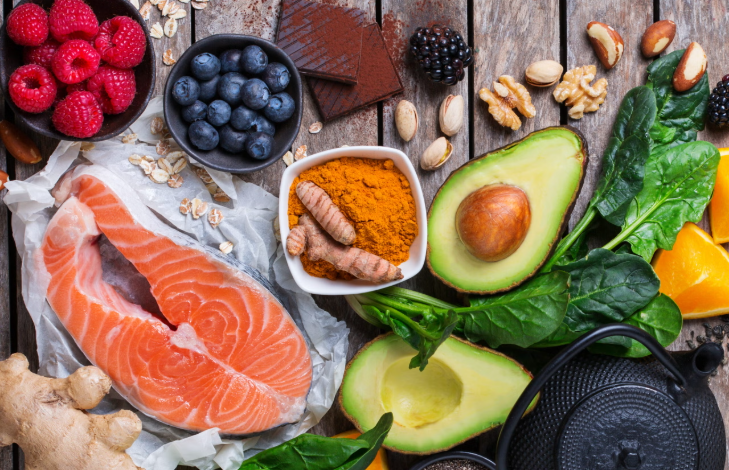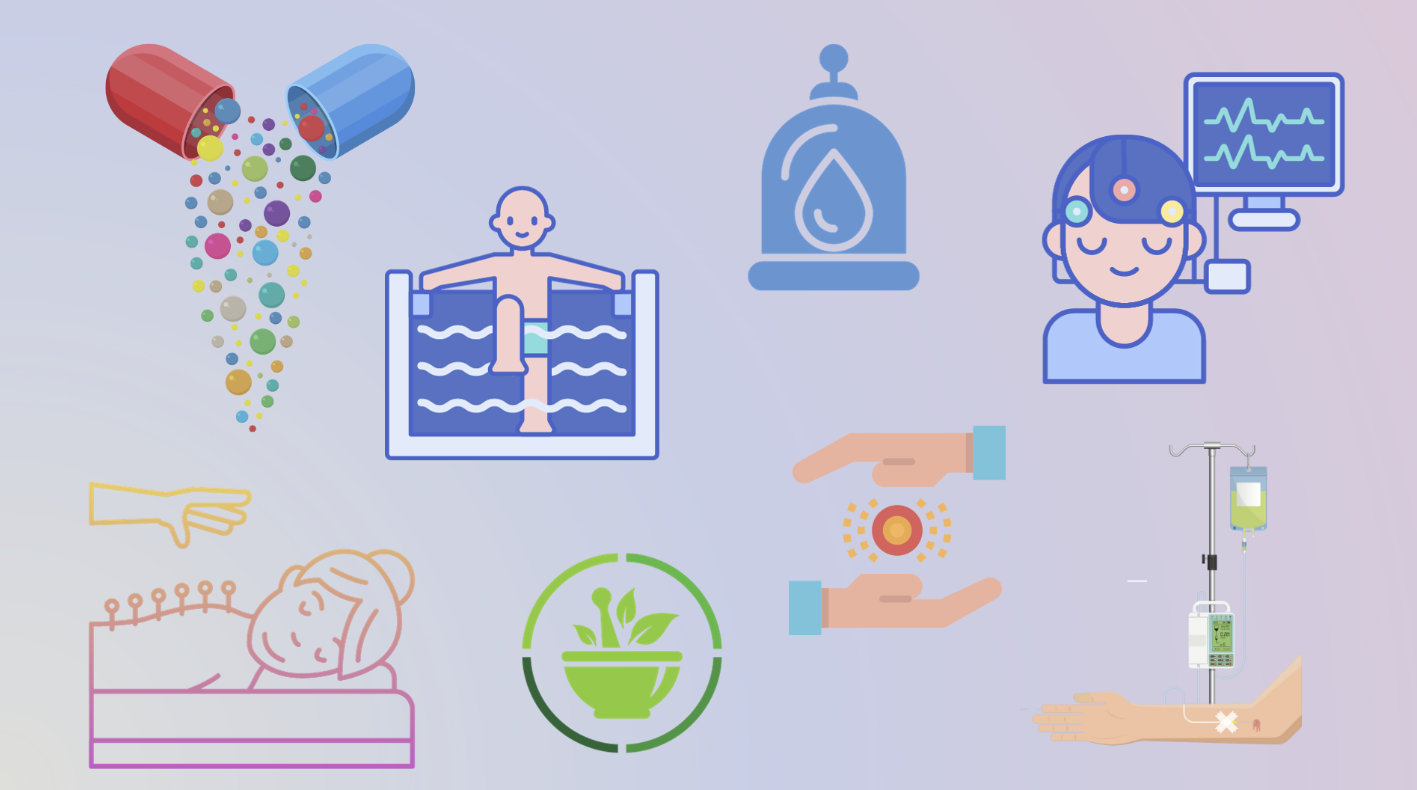
Is Fasting Beneficial for Autoimmune Diseases?

Fasting and Autoimmune Disease: How Long Should You Fast?
In a previous post, we discussed different types of fasts that could be beneficial for people with autoimmune diseases. In this post, we’ll focus on the timing of fasting and how to do it in a way that doesn’t overwhelm your system, especially if you have conditions like lupus, rheumatoid arthritis, or other autoimmune issues.
Before diving into the specifics, let’s first explore why fasting might be beneficial.
Health Benefits of Fasting
Fasting gives your gut a break. One of the main benefits of fasting is that it allows the gut to rest from constantly breaking down food. It also helps balance the gut microbiome, which consists of both good and bad microorganisms in your intestines. If you have microbial overgrowth, fasting can starve out the harmful bacteria, reducing inflammation.
Fasting also resets the immune system. For those with food sensitivities or frequent reactions to foods, fasting can calm immune system activity, particularly in the gut. For people with autoimmune conditions and food sensitivities, fasting can be a useful tool to help manage inflammation.
Another benefit is that fasting helps clean out damaged cells. This process, called autophagy, allows the body to get rid of unnecessary or damaged cells, essentially doing an internal cleanup.
Who Shouldn’t Fast
A word of caution: fasting isn’t suitable for everyone, especially for people with autoimmune diseases who are just starting treatment. If your immune system is fragile and you experience frequent flare-ups, it’s best to avoid fasting until your body is stronger.
I see fasting more as a strategy to use later in your healing journey, once you’ve reached a place where your body can handle it. For those who have been dealing with chronic illness for a long time, fasting too soon could do more harm than good. That’s why I don’t typically recommend fasting for people just beginning their healing process. Once they are healthier and more stable, we can try intermittent fasting or short fasting periods.
I also sometimes recommend a three-day lemonade cleanse (more on that later) for those who are ready. This cleanse can be done once a month or every other month, allowing the body to get a break without pushing it too hard.
Other reasons to avoid fasting include:
- If you’re not getting the proper nutrients before fasting, either due to poor absorption or insufficient nutrition.
- If your adrenals are exhausted, as they help manage stress. If your adrenals aren’t functioning properly, fasting might be too stressful.
- If you’re underweight and worried about losing more weight during a fast.
How Long Should You Fast?
The duration of your fast depends on your stage of healing and the type of fast you’re doing. Here are some guidelines for common fasting methods:
Intermittent Fasting: Is It Healthy?
The answer depends on your individual health condition. For those with autoimmune disease or chronic health problems, it’s important to ease into intermittent fasting slowly.
So, what is intermittent fasting? It’s when you eat only during specific hours of the day—for example, eating within an 8-hour window and fasting for the remaining hours. Many people naturally practice some form of intermittent fasting without realizing it, as they go without food overnight for 10-12 hours. When you extend that fasting period, you’re practicing intermittent fasting.
You can start by pushing back your first meal of the day or extending the time between meals. As your body gets used to it, you can experiment with a more structured fasting window.
Common intermittent fasting patterns include:
- 18/6: Fasting for 18 hours and eating within a 6-hour window.
- 16/8: Fasting for 16 hours and eating within an 8-hour window.
- 14/10: Fasting for 14 hours and eating within a 10-hour window.
- 20/4: Fasting for 20 hours and eating within a 4-hour window.
Studies show that fasting for 16 hours and eating within an 8-hour window may provide more benefits than fasting for just 12 hours. Benefits include improved insulin levels, lower blood pressure, and reduced appetite. Different fasting durations may have different benefits—shorter fasts may help with weight loss, while longer fasts may promote cellular cleanup (autophagy).
Typically, with intermittent fasting, you’ll have two meals a day instead of three.
Is a 72-Hour Fast Safe?
A three-day fast can be safe if your body is ready for it. By this stage in your healing process, you should be strong enough to handle a longer fast. If you and your healthcare provider agree, a 72-hour fast can help kickstart the autophagy process, which helps clear out damaged cells. During a three-day fast, you would typically consume only fluids, such as water.
Three-Day Lemonade Fast
Another version of the three-day fast is the lemonade fast. This variation uses a mix of lemon water and maple syrup, providing some glucose to help maintain stable blood sugar levels. This makes the fast more manageable, reducing hunger and fatigue compared to a strict water fast. You can try this cleanse once a month or every other month.
Fasting Mimicking Plan
The fasting-mimicking plan involves reducing calorie intake significantly without completely fasting. This approach tricks your body into thinking it’s fasting while still providing some nourishment. You can safely do this type of fast for 3 to 7 days. One popular version of this is the Prolon fast, which includes a kit with low-calorie soups and crackers. This method offers many of the same benefits as fasting, such as cellular cleaning, but with a bit more sustenance.
The Dangers of Fasting
One type of fast I don’t recommend is juice fasting. Most commercially available juices are high in sugar, which can spike blood sugar levels. For example, a bottle of green juice could contain up to 55 grams of sugar. If you follow a juice fast, you could end up drinking several bottles of sugary juice each day, which can do more harm than good.
If you choose to try a juice cleanse, make sure to make your own juices with just greens and no fruit, keeping the sugar content low.





